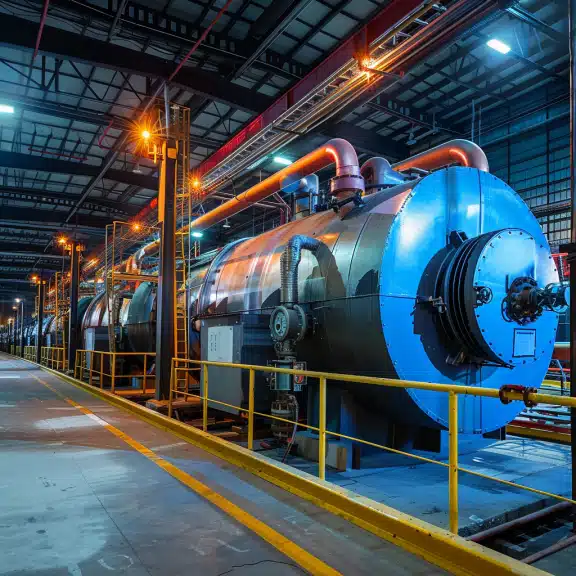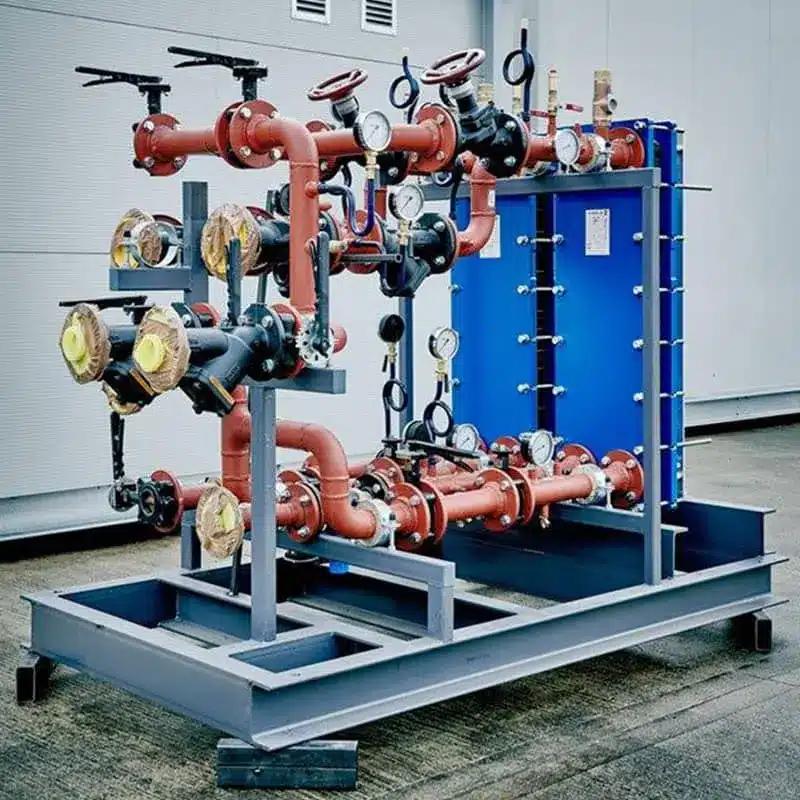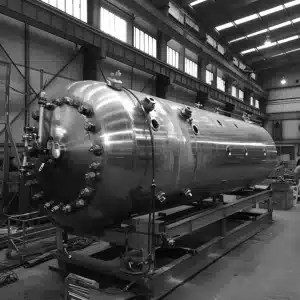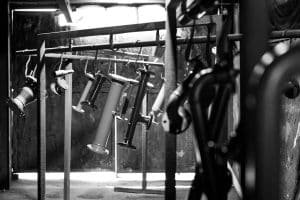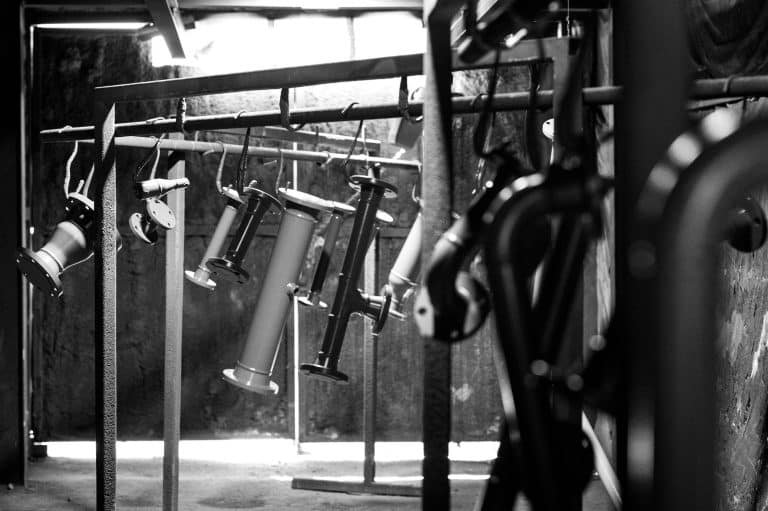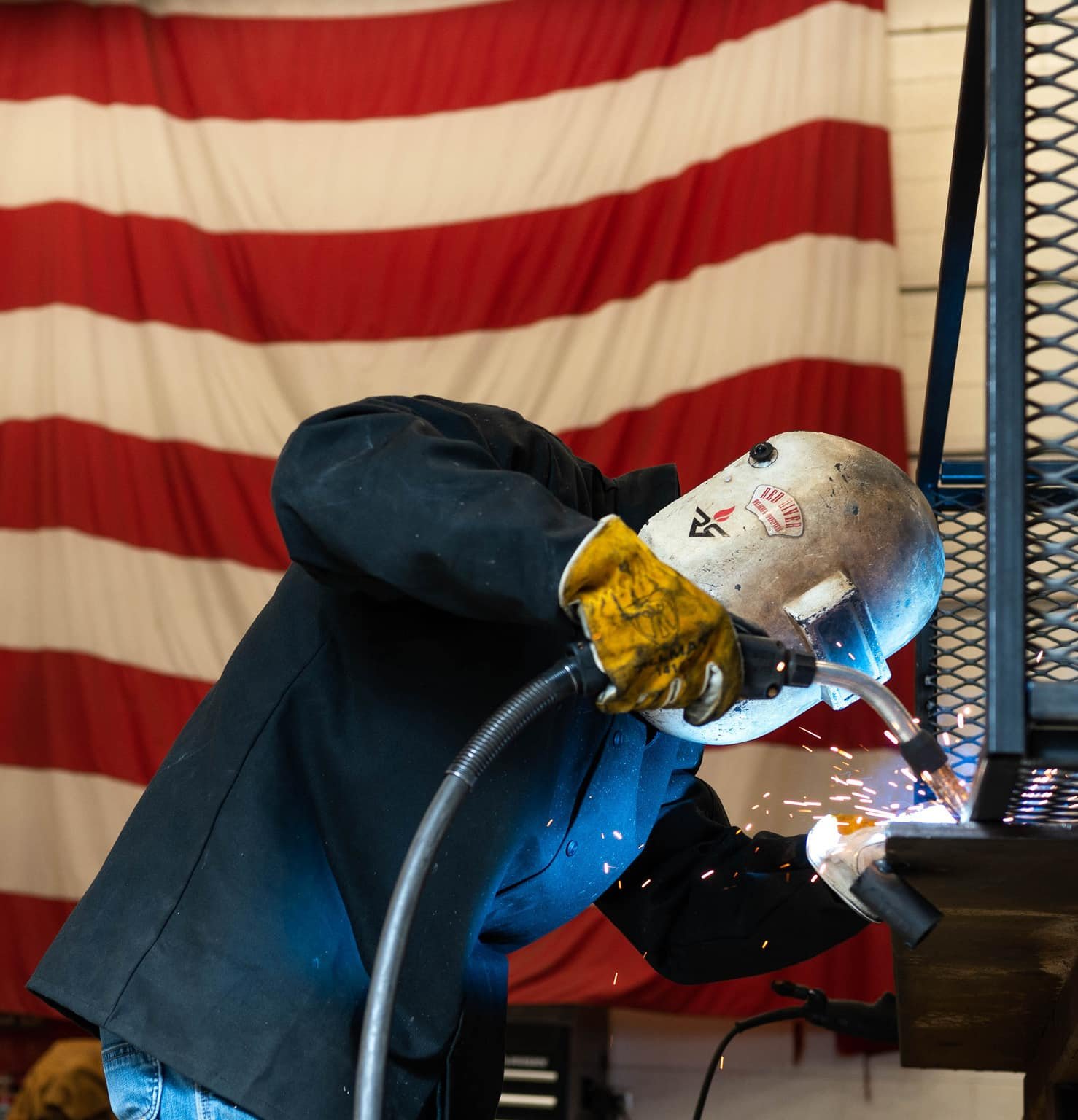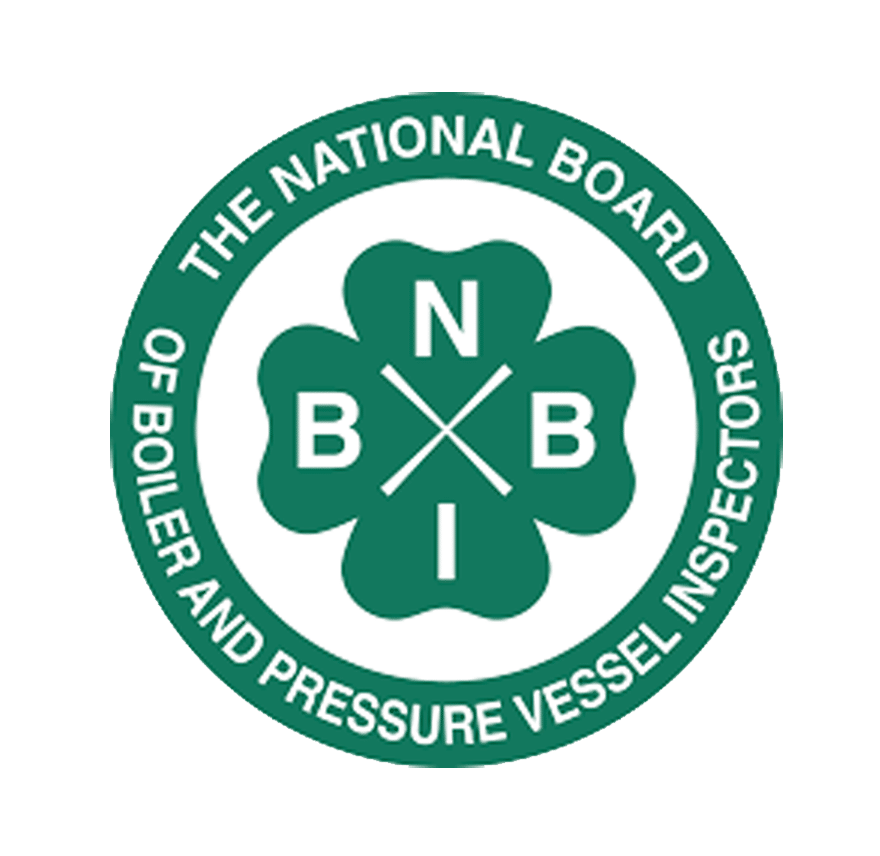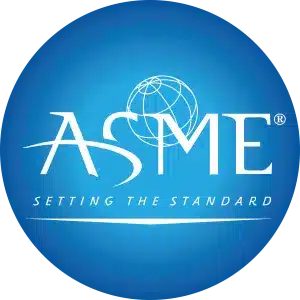Things we want you to know...
Continuous Improvement
We place great value on the feedback we receive from our clients and we are continually improving our processes based on the feedback we get. Almost everyone on our team has Lean Sig Sigma training and everyone at every level is engaged in regular continuous improvement activities. This relates to how we design your pressure vessels as well, we can integrate LSS principles into pressure vessel designs.
Join the Red River Family! Feel Free to Reach Out
When you choose Red River Team, you’re not just selecting a pressure vessel manufacturer. You’re partnering with a team that values integrity, dedication, and craftsmanship. Let’s embark on a journey of excellence together. Contact us today to learn more about our pressure vessel manufacturing capabilities and how we can serve your needs.
Time is Money
We do our best to have every quote turned around in the shortest amount of time possible, our lead times are among the best in the industry and we rarely miss a delivery date. We provide regular production updates to our clients so you aren’t left wondering when you will receive or order. Our goal is to help you deliver better product, faster.
Quality & Compliance
Quality is at the core of our operations. We carry current ASME and NBBI certifications, and meet or beat those standards. Our pressure vessels aren’t just built to perform they way you need them to, they are built to last. Every pressure vessel is delivered with all appropriate documents verifying that it was built to the proper standards with the correct materials. Everyone on our team has the authority to reject or stop work based on a quality issue.
Can’t find what you need in the catalog? Let’s design it. We collaborate closely with clients to ensure we manufacture pressure vessels that will perfectly fit your needs. We have the proper expertise to design custom pressure vessels around your unique parameters.

